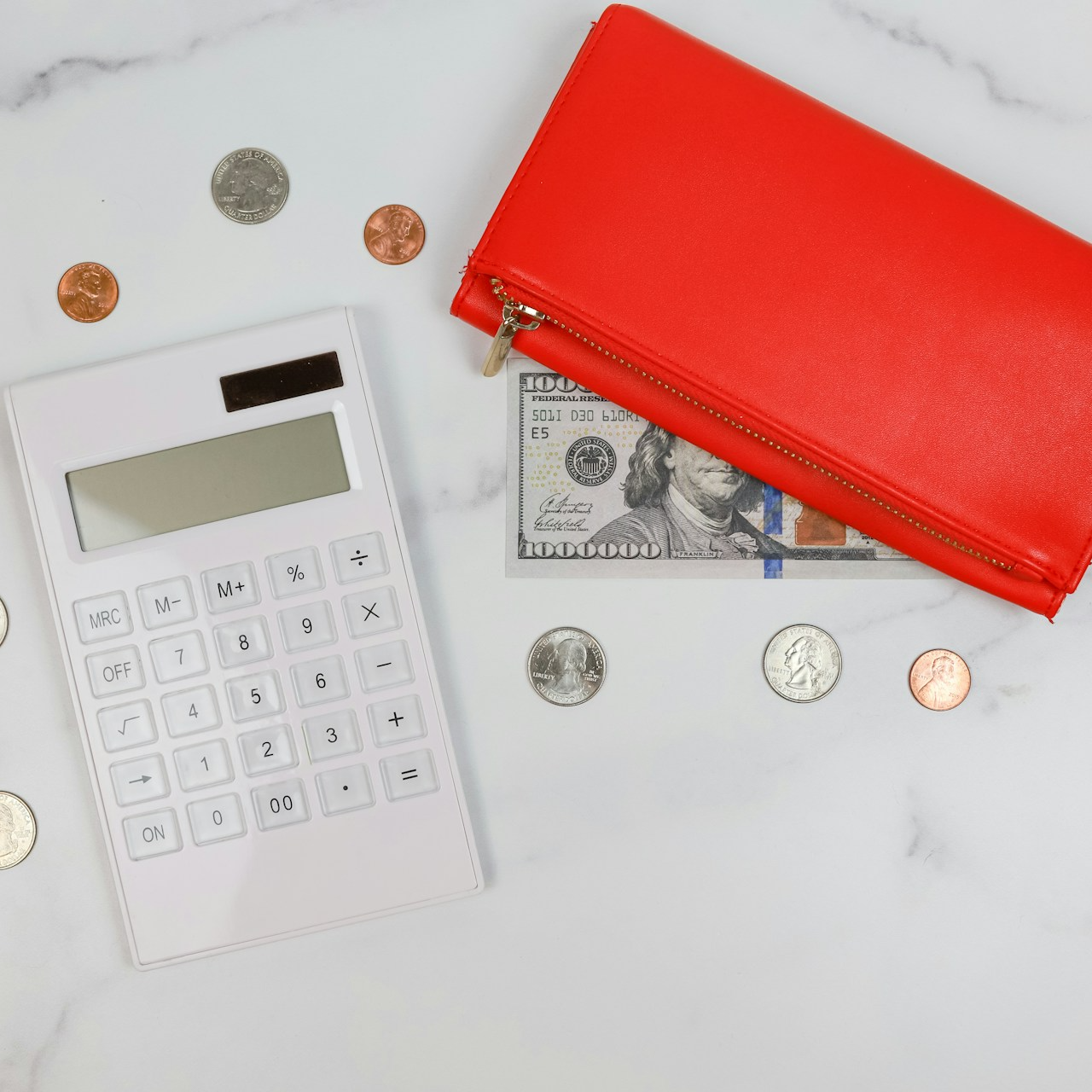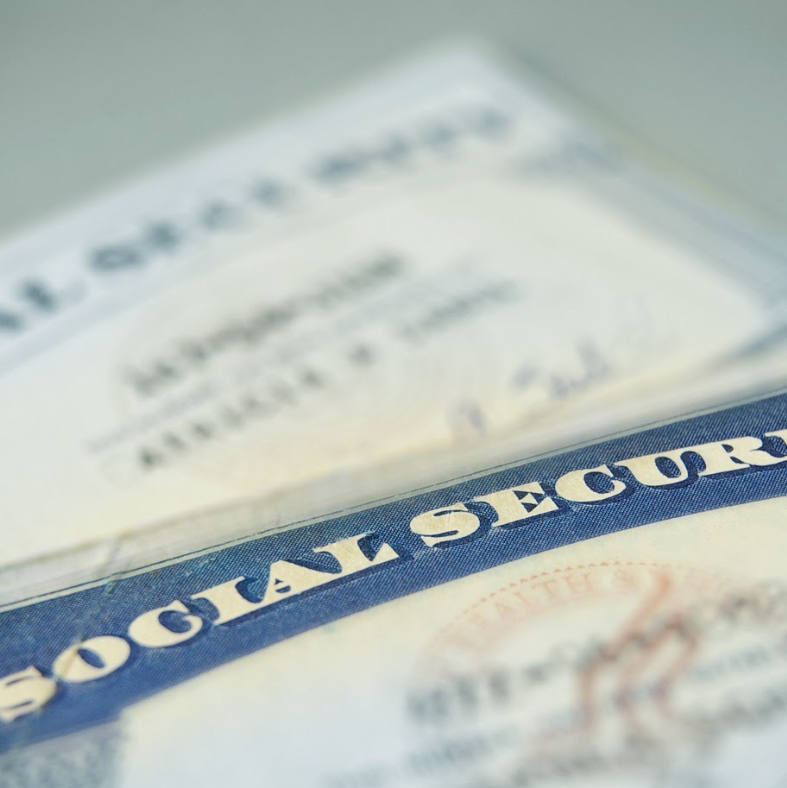Workers are frequently advised to save for retirement to be able to pay their bills later in life. It’s critical to save money for your retirement account once your paycheck arrives to ensure you have something to rely on in your senior years when you’re most likely to need it. According to Salary Finance’s fourth annual survey, 18% of workers have depleted their retirement funds last year. This is a situation that you should avoid for various reasons. The risks of withdrawing funds from a retirement account Any money you withdraw from an IRA or 401(k) will be unavailable to you during your working years in retirement. That in itself is an issue. However, withdrawing money from one of these programs does not just deplete your long-term savings. You also eliminate the possibility of investing that money and growing it into a more significant sum. Assume your IRA generates an average yearly return of 8% on your investments, slightly lower than the stock market’s average. Moreover, you won’t even lose the $5,000 you take out. If you have 20 years before retirement, you’ll be down more than $23,000 in lost investment growth. Plus, if you withdraw money from an IRA or 401(k) before reaching the age of 59 1/2, you’ll usually be hit with a 10% early withdrawal penalty. A better approach to getting money If you’re short on cash and have equity in your house, borrowing against it may be better than raiding your retirement account. For example, you might take out a home equity loan and pay it off over time, or you could apply for a Home Equity Line of Credit (HELOC) and use the money as needed. If you don’t own a home or have equity in one, a personal loan may be an option if you need money. If your credit score is high, you might be able to get one of these loans at a low-interest rate. Keep in mind that if you have a 401(k), you may be able to borrow money from it. You’ll be repaying yourself rather than a lender in this situation. However, taking out a 401(k) loan comes with a risk. If you don’t pay it back on time, it’s considered an early withdrawal, and the penalty applies. Plus, because you borrowed the money, you miss out on the opportunity to invest it while it’s out of your account. Of course, using your savings account to meet a financial necessity is the best option. However, if you’re considering raiding a retirement plan, likely, you don’t have enough money in regular savings to do so. If that’s the case, start putting money aside for an emergency fund as soon as possible to cater for unexpected expenses.
Contact Information:
Email: [email protected]
Phone: 8132032515












